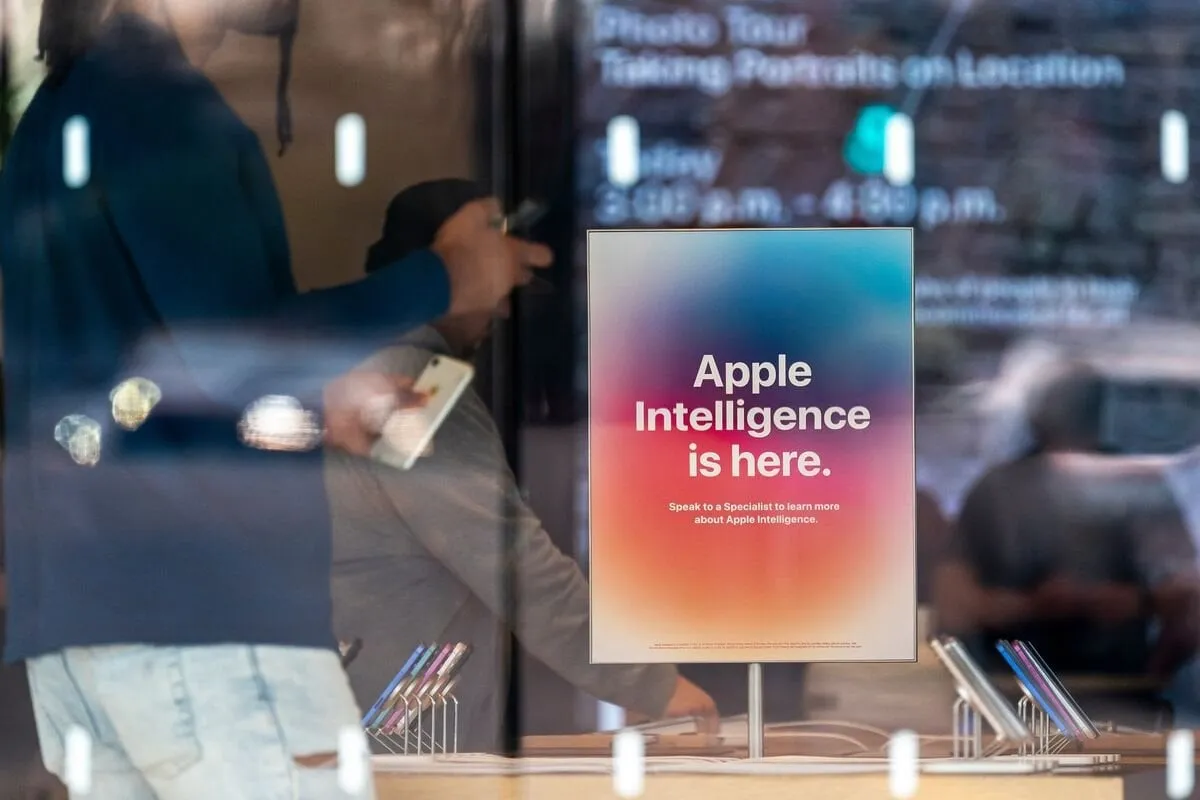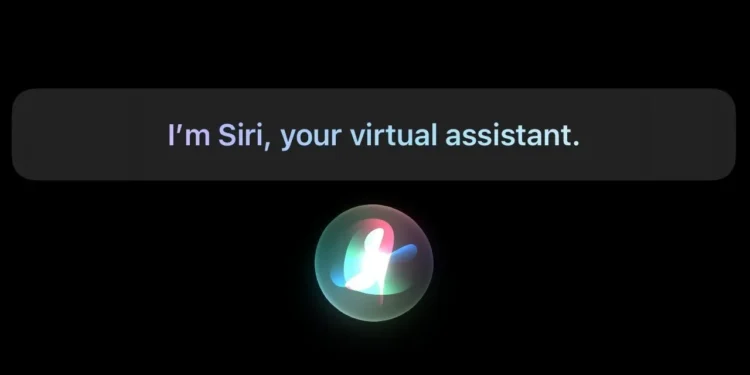In an era marked by rapid technological advances, Apple Inc. finds itself grappling with a significant hurdle in the realm of artificial intelligence (AI). Despite pioneering innovations with its early introduction of Siri in 2011, Apple has struggled to maintain its lead in AI development. This challenge has been highlighted by the recent launch of Amazon’s Alexa+, which showcases advanced features that Apple’s offerings seem to lack. The crux of Apple’s dilemma lies in its inability to keep pace with generative AI technologies that power dynamic chatbots like ChatGPT. The competition has not only caught up but appears to be pulling ahead, leaving Apple in a precarious position as it attempts to close the gap.

Apple’s AI Initiatives: A Mixed Bag of Results
Apple’s journey into enhancing AI across its ecosystem has been met with mixed results. The company launched an AI-infused version of Siri that promised a seamless integration with personal data, improved screen analysis, and enhanced app management. However, the reality was a stark contrast, with the AI capabilities feeling underdeveloped and incomplete. Furthermore, Apple’s suite of AI features, dubbed ‘Apple Intelligence’, includes innovations such as Genmoji, Image Playground, and smarter notifications. Despite these advancements, the impact has been underwhelming. The features, while novel, offer limited practical utility, contributing to a sentiment that Apple’s AI efforts are more of a gimmick than groundbreaking.

Marketing Missteps and Consumer Apathy
Apple’s strategy to market its AI features as a compelling reason for device upgrades has not resonated with consumers. Internal metrics suggest a lukewarm reception, with low real-world usage rates. This disconnect highlights a broader issue: Apple’s AI offerings have not met consumer expectations, which could hinder future sales and brand loyalty. The company’s attempt to integrate third-party AI, such as OpenAI’s ChatGPT, has also fallen short, lacking the sophisticated conversational abilities that users seek. This shortfall underscores a critical oversight in Apple’s approach to AI integration and usability.
Looking Ahead: Opportunities and Imperatives
Despite these challenges, Apple is not a company to count out. It has historically entered markets later than its competitors but has excelled by offering superior products and experiences. The upcoming launch of the M4 MacBook Air and a refresh of the iPad Air are opportunities for Apple to regain momentum. Moreover, Apple’s steadfast commitment to Diversity, Equity, and Inclusion (DEI) efforts reflects its broader corporate ethos and dedication to social responsibility, which remains a significant aspect of its brand identity.

Apple stands at a critical juncture. As AI continues to redefine technological paradigms, the company must innovate and adapt to stay relevant. Apple’s history of overcoming challenges suggests a potential for resurgence, but it is clear that a strategic overhaul of its AI roadmap is imperative. The next steps Apple takes could very well determine its position in the tech industry for years to come.










